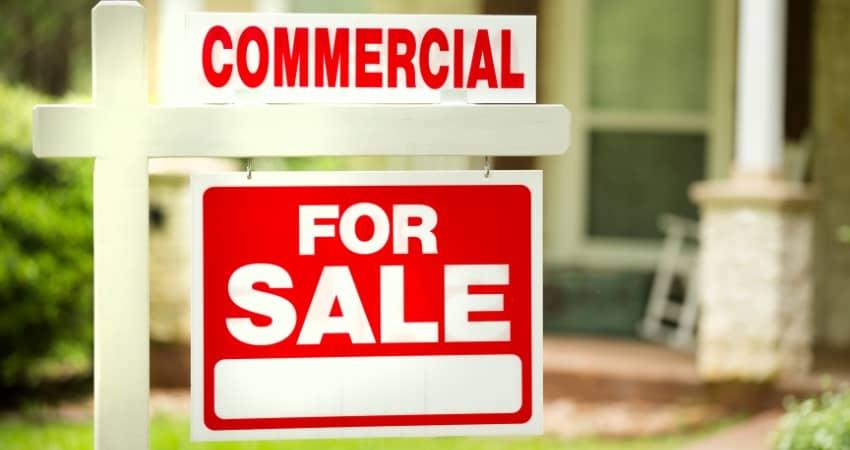
Investing in commercial property can be lucrative but requires careful consideration and planning. There are numerous factors to consider before making such a significant financial decision. From location and market trends to economic feasibility and legal matters, thorough due diligence is essential to minimize risks and maximize returns. This article outlines the top 7 factors real estate professionals and investors should consider before buying commercial property. Whether you’re a seasoned investor or just starting in the industry, this guide will provide valuable insights to help you make informed decisions in the commercial real estate market.
1. Location
The location of a commercial property is one of the most important factors to consider. You want to invest in a property in a prime location that is easily accessible and has high foot traffic. Additionally, the property should be in a desirable area experiencing growth and development. A property located in a declining area may not provide a good return on investment.
2. Market Trends
Before investing in a commercial property, it is essential to research market trends in the area. This includes analyzing vacancy rates, rental rates, and overall demand for commercial properties. Understanding these trends can help you make an informed decision about whether or not a particular property is a good investment.
3. Economic Feasibility
Investing in a commercial property is a significant financial decision, so it is important to analyze the economic feasibility of the investment. This includes calculating the potential return on investment, cash flow, and net operating income. It is also important to consider potential expenses, such as property management fees, maintenance, and property taxes.
4. Legal Matters
In addition to analyzing the financial aspects of the investment, it is important to consider any legal matters that may arise. This includes reviewing zoning laws, building codes, and environmental regulations. Reviewing any existing leases or contracts associated with the property is also important.
5. Physical Condition
Before investing in a commercial property, it is important to inspect the property thoroughly. This includes examining the structural integrity of the building, the condition of the roof and foundation, and the overall maintenance of the property. Any necessary repairs or renovations should be factored into the overall cost of the investment.
6. Tenant Base
If the commercial property has existing tenants, reviewing their leases and analyzing their financial stability is important. This includes checking their creditworthiness, rent payment history, and overall business operations. Additionally, it is important to consider the potential for attracting new tenants if the property still needs to be fully leased.
7. Financing Options
Finally, it is important to consider the financing options available for the investment. This includes exploring traditional financing options, such as bank loans, and alternative financing options, such as crowdfunding or private equity. It is important to consider the interest rates, terms, and overall cost of financing when deciding.
Conclusion
As RE Professionals, it is crucial to adequately prepare homes for sale to maximize their marketability and achieve optimal selling prices. This guide provides a comprehensive checklist and valuable tips for designing your home for sale. By following these recommendations, you can enhance the overall appeal of your property, attract more potential buyers, and ultimately increase your chances of a successful sale. Take advantage of this invaluable resource. Take the necessary steps to prepare your home for sale and achieve the best possible outcome in the real estate market.




